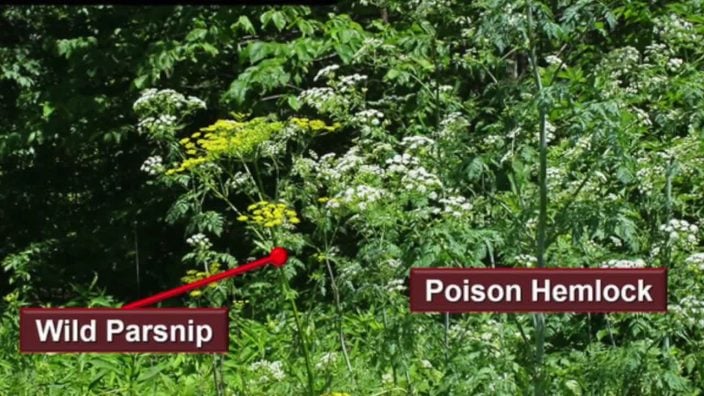Some memories not missed during cold weather
Most livestock animals are well adapted to cold weather, but farmers take extra measures when extreme temperatures come.
Read MoreWeeds — we all hate them but there are some we should hate more than others. Over the past several years, poison hemlock (Conium Maculatum), wild parsnip (Pastinacasativa) and cressleaf groundsel (Senecio Glabellus) have been an increasing presence in roadside ditches, pastures and hayfields. All of these plants are poisonous to cattle or livestock if they are ingested, even in small quantities.
Poison hemlock and wild parsnip are in the Apiaceae Plant Family, which also contains Queen Anne’s lace, and poison hemlock is sometimes confused for Queen Anne’s lace to casual observers as they both have lacy white flowers. Poison hemlock grows to be quite tall, up to 8 feet in height and is distinguished by purple blotches on the stem. Cattle that consume as little as 300 grams of this plant may die within a few hours, so take care to scout your pastures and hayfields. Fermentation in silage does not remove the toxic compounds produced by the plant so the only way to safely deal with the weed is to remove it mechanically or with chemicals. Glyphosate and 2,4D are both very effective at killing poison hemlock. You can read more about poison hemlock.
Wild parsnip looks similar to poison hemlock from a distance but has a yellow flower. Sap from wild parsnip will burn your skin when exposed to sunlight and may result in severe blistering of the skin. Be sure to wear gloves, pants and a long-sleeved shirt if you are pulling weeds where you know wild parsnip is growing. Grazing livestock are not immune to the toxicity of the sap and it should be removed from pastures and hay fields. Glyphosate works very well at eradicating wild parsnip if you choose the chemical route. More information about wild parsnip can be found here.
Cressleaf groundsel was a major problem for a good portion of Ohio’s grazing lands in 2016 as perfect growing conditions allowed it to become established early in the growing season before effective control measures could be utilized. This is another highly toxic weed when ingested by livestock but has less lethal effects than poison hemlock. Cattle that eat this plant may get swollen jaws, scaly noses, rough coats and may become sensitive to light. Horses that eat this plant develop what is known as the “sleepy staggers” as they become sleepy and may bump into objects including fences. You can identify this plant by its purple rosette, yellow flowers and what I consider to be a rhubarb colored stem that is purplish green. 2,4D works well for removing cressleaf groundsel from pastures and hayfields but you will lose any legumes if you spray the whole field. You can read more about it here.
Questions? Call the OSU Trumbull County Extension Office at 330-638-6783 or visit trumbull.osu.edu. Don’t forget to check out and “Like” our Facebook page for current programs and up-to-date information.
Written by Lee Beers, OSU Extension Educator. He can be reached at [email protected].
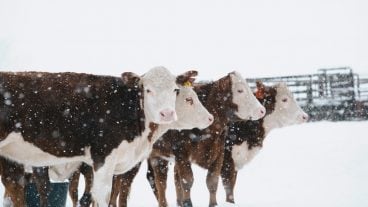
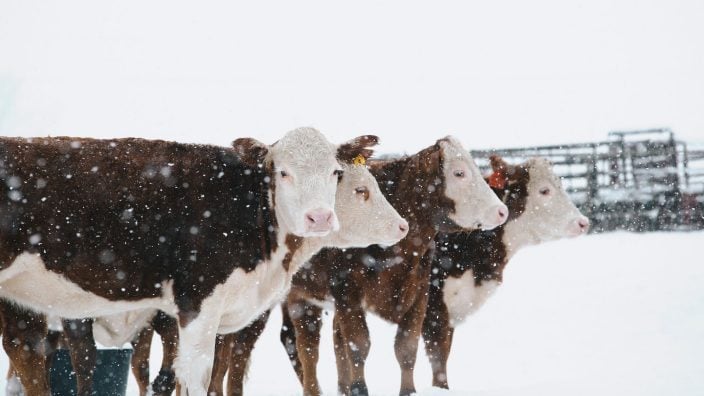
Most livestock animals are well adapted to cold weather, but farmers take extra measures when extreme temperatures come.
Read More

We often talk about the moments that shape us — big decisions, career paths and life milestones. But more often than not, it’s not the moments that define us. It’s the people.
Read More

The purpose of this $1,500 grant is to help offset farm operation costs. This can include but is not limited to: fuel costs, fertilizer costs, equipment costs, land rent, etc.
Read More

I’m going to give you a list of things that you can do that will get you outside and actually enjoy the snow.
Read More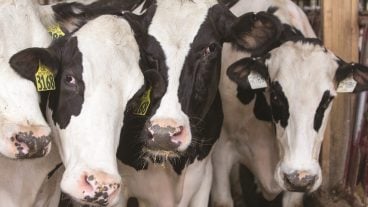

As kids, we are often told to try new things, whether it be a new food, a new activity or…
Read More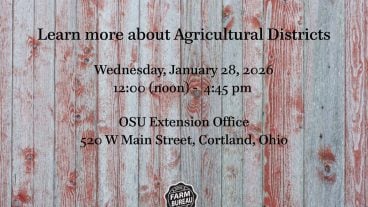

Learn more about ag districts from noon to 4:45 p.m. Jan. 28 at the OSU Extension Office, 520 W. Main Street in Cortland.
Read More

We aren’t just reacting to change — we’re shaping the future of agriculture, one conversation and one decision at a time, together.
Read More

Today, there are close to 15,000 farms growing Christmas trees in the U.S., and over 100,000 people are employed full- or part-time in the industry.
Read More

In a world that can sometimes be so loud and busy, snow literally slows us down and quiets the sound.
Read More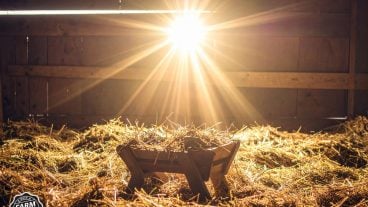
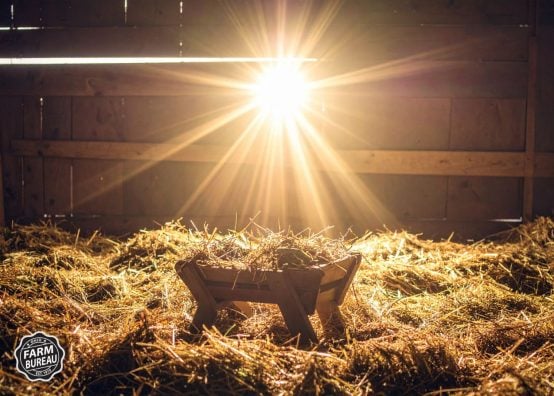
It might seem like a real chore to have to take care of the animals before any Christmas gifts or meals can happen, but to me it is such a special time.
Read More